College of Life Sciences
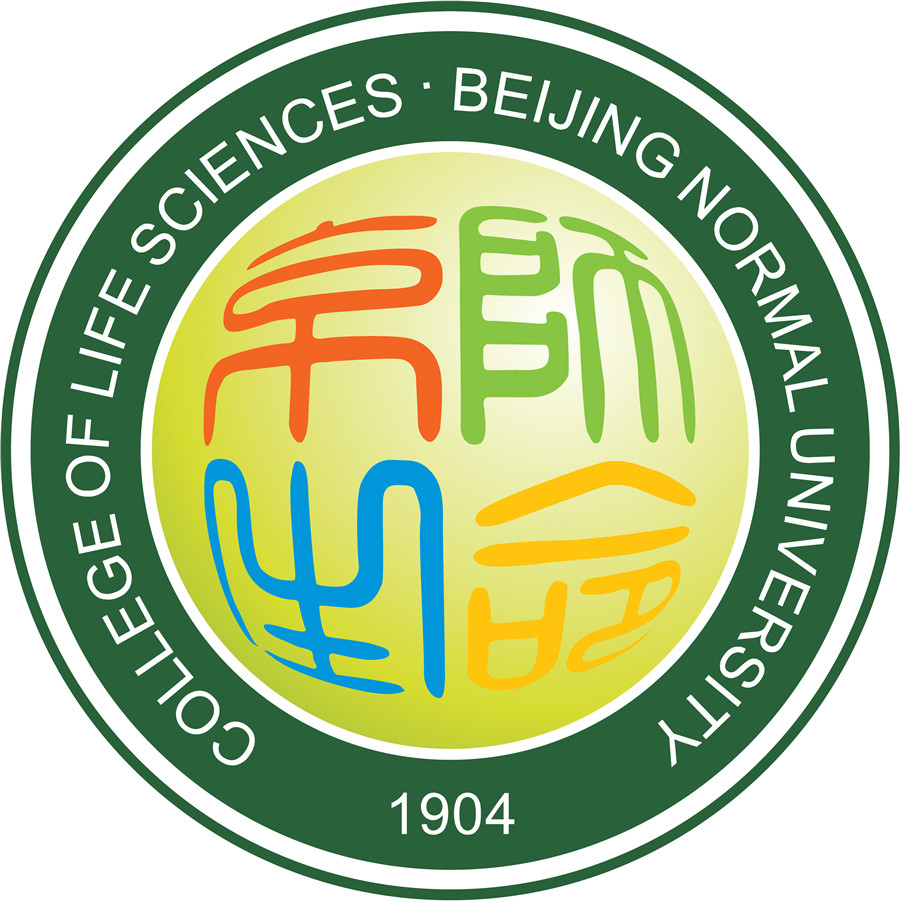
The predecessor of the BNU College of Life Sciences was the Department of Natural History at Imperial University of Peking which was established in 1904. Then it renamed as the Department of Biology in 1923, one of the earliest biology departments established among Chinese universities. In 1952, the biology department of Fu Jen Catholic University was merged into the department. Then in 1998, the College of Life Science was established.
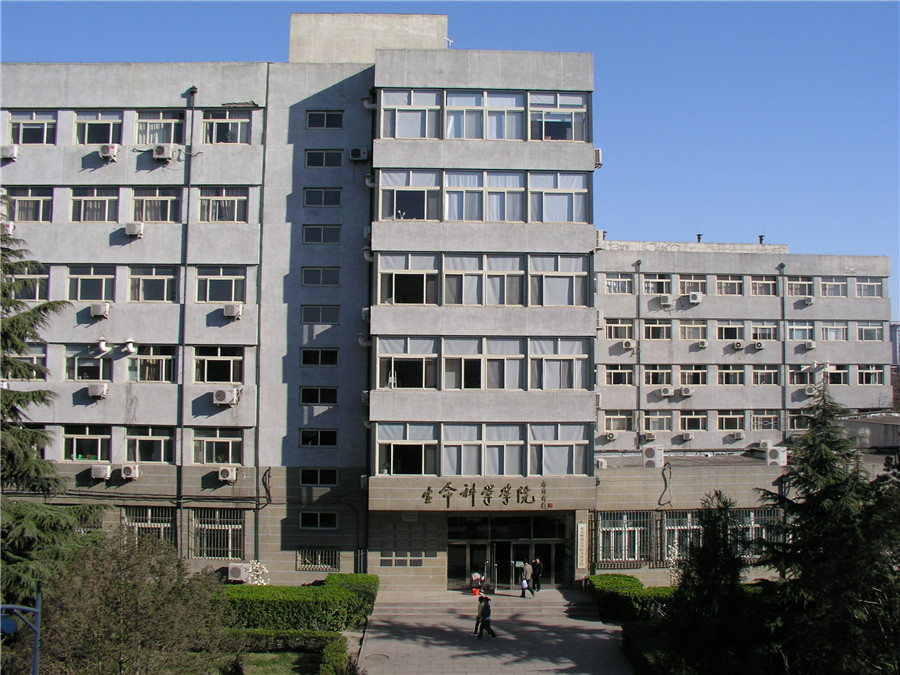
The college has two first-level disciplines, biology and ecology, as well as their postdoctoral research centers. The ecology discipline was selected as one of the key disciplines for the national "double first-class" initiative in 2017. The college has four research institutes in ecology, cell biology, biochemistry and biotechnology, and genetics and developmental biology respectively, and five departments in ecological science, cell biology, biochemistry and biotechnology, genetics and developmental biology, and biology education respectively. In addition, the college has two supporting platforms: national experimental teaching demonstration center and life science experimental technology center.
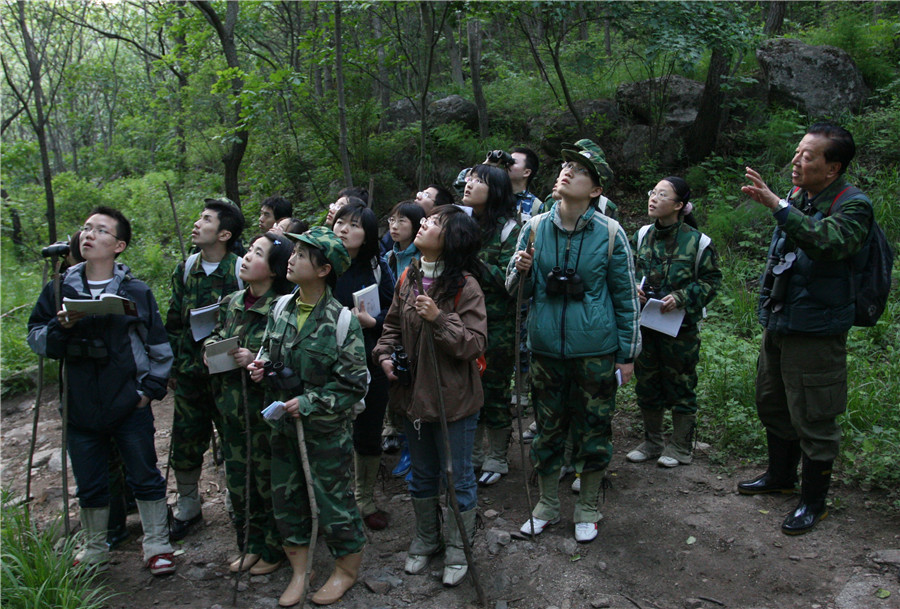
The college currently has the National Field Science Observation and Research Station of Tiger and Panther Bio-diversity in Northeast China, and seven provincial and ministerial research platforms, including Ministry of Education Key Joint Laboratory of Biodiversity and Eco-engineering, Engineering Research Center of Institutions of Higher Learning in Beijing for Ecosystem Service Industry Planning and Design, State Forestry and Grassland Administration Monitoring and Research Center for Tiger and Panther in Northeast China, State Forestry and Grassland Administration Key Laboratory of Conservation Ecology of National Park for Northeast China Tigers and Panthers, Ministry of Education Key Laboratory of Cell Proliferation and Regulatory Biology, Beijing Municipality Key Laboratory of Genetically Engineered Drug and Biotechnology, and Beijing Municipality Key Laboratory of Resistance Gene Resources and Molecular Development.
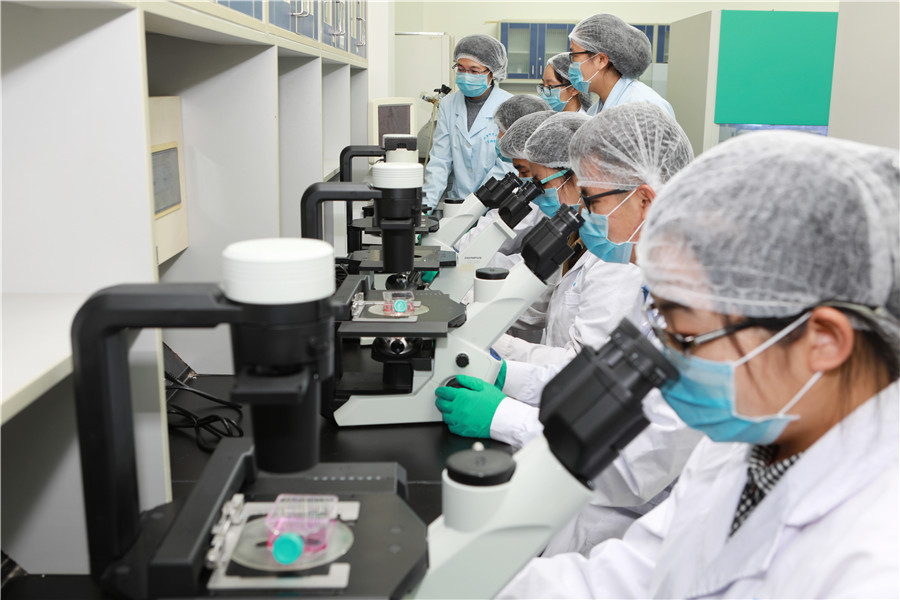
The college has excellent faculty. Five teachers were rated as national and Beijing municipal famous teachers, six teachers as national and Beijing municipal excellent teachers, and the teaching team for basic biology courses was rated as a national excellent teaching team. At present, there are 2 academicians of the Chinese Academy of Sciences, 1 distinguished professor in the Yangtze River Scholar Program, 3 professors selected into the National The New Century Talent Project, 6 winners of the National Science Fund for Distinguished Young Scholars, 2 professors selected into the Cross-century Talents Training Program of the Ministry of Education, 7 professors selected into the New Century Talents Support Scheme of the Ministry of Education, and 1 professor selected into the Top-notch Talents Support Scheme of the Ten Thousand Talents Program. In addition, Nobel laureate Professor Paul Greengard, academician of the American Academy of Sciences Professor Douglas Wallace, academician of the Swedish Academy of Sciences Professor Jan-Ake Gustafeeson, academician of the American Academy of Sciences Dr. Wang Xiaodong and academician of the Chinese Academy of Sciences Professor Rao Zihe as well as other well-known scholars at home and abroad were employed as part-time professors and honorary professors. At present, overseas scholars employed as honorary professors include Nobel laureate Professor Aaron Ciechanover, Academician Yang Ziheng of the Royal Society of England, Professor Junying Yuan of Harvard university, Professor Anthony Monaco of Tufts University, and Professor Bruce Rannala of the University of California.
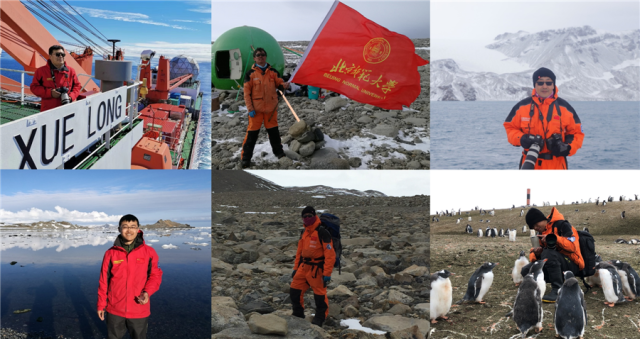
As a national basic science research and teaching talent training base and a national life science and technology talent training base, the College of Life Sciences has been selected as an implementation unit of the national experimental program for the training of top-notch students in basic science. The college has set up an integrated practical teaching platform, forming a practical teaching system characterized by "small class teaching + design innovation", "innovative subject + graduation thesis" for research training, "basic knowledge learning + small topic" for field practice, "teaching research + internship practice" for educational practice and "special lecture + internship practice" for enterprise practice, so as to cultivate students' comprehensive research competence and innovation ability.
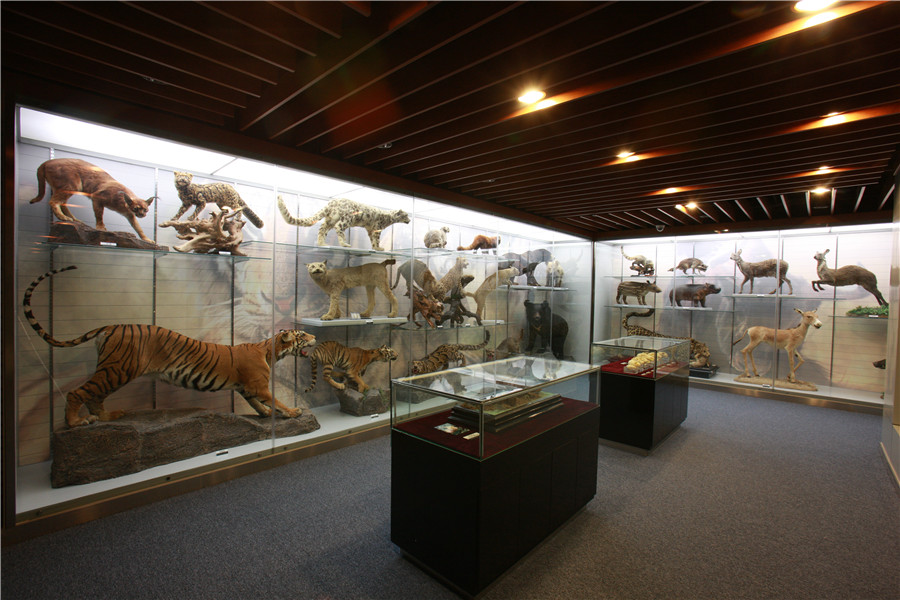
The college adopts a diversity of training methods such as tutorial system, senior-assisted schooling system, interactive academic exchange activities, independent scientific research and innovation, and discipline competitions to effectively improve students' innovation quality and effectively guarantee the quality of talent training. Attaching importance to international exchanges and cooperation, the college has established a diversified international education cooperation platform with Queen's University of Canada, University of California in the United States, University of Manchester in the United Kingdom and other foreign excellent universities to improve students' international competitiveness.
VIEW MORE: https://english-cls.bnu.edu.cn/


